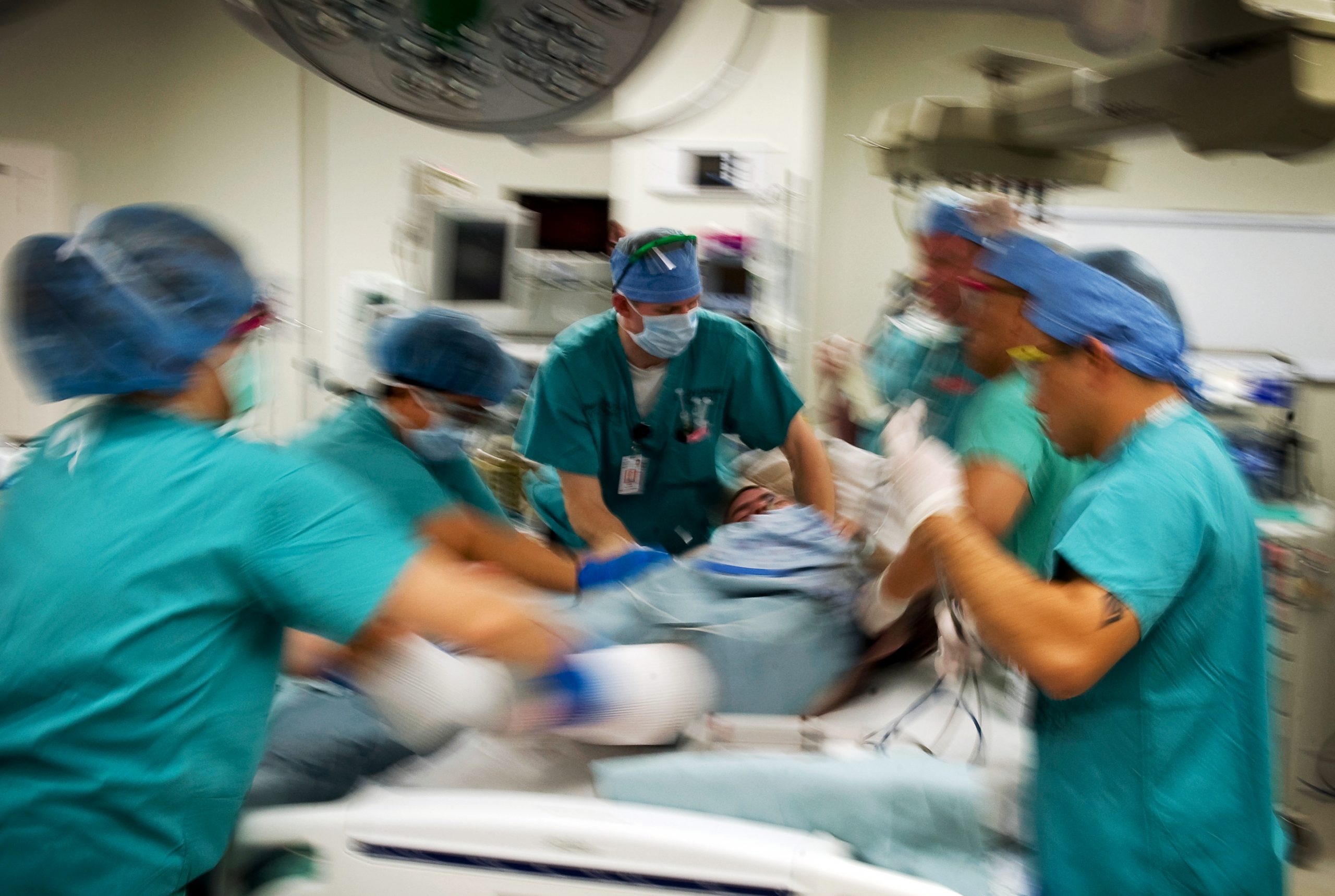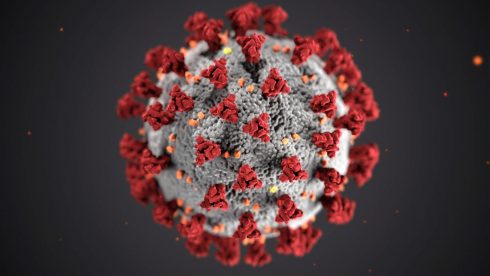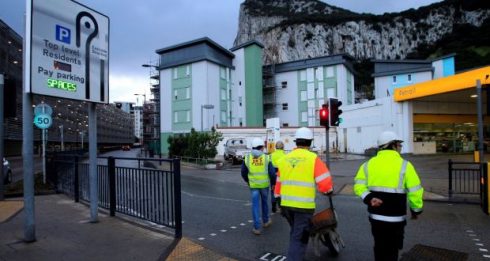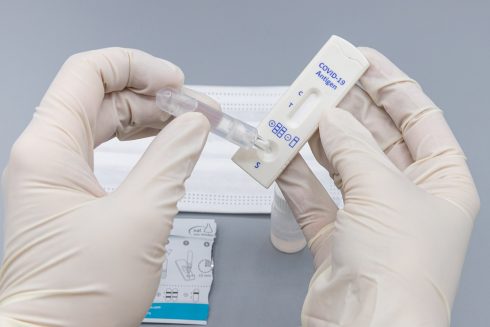THE CRISIS in Spain’s healthcare system because of the Coronavirus is revealed in a telling interview with Dr. Rubén Jara, the ICU manager at Arraxica Hospital in Murcia, Costa Calida.
He leads a team of 200 doctors, nurses and other essential medical staff at the region’s main ICU (Intensive Care Unit).

He spoke of tension among staff, stopping all non-emergency surgeries, and the choices that have to be made, during an interview with La Opinion.
Three infected patients are being treated at Arrixaca in an isolated area with staff wearing protective suits.
Dr. Jara admitted, “The tension is very high – it is a virus with many thousands of affected and following prevention measures is essential.”
“Surgical activity has been reduced, allowing us to have availability.”
Spanish health authorities have already determined five different phases of protocol, but Jara is confident his team can cope.
When discussing worst-case-scenarios, he explained, “We would not like to have to choose between patients, but in a catastrophe situation we move to a ‘utilitarian ethic’ in which the cost-utility of decisions is looked at.”
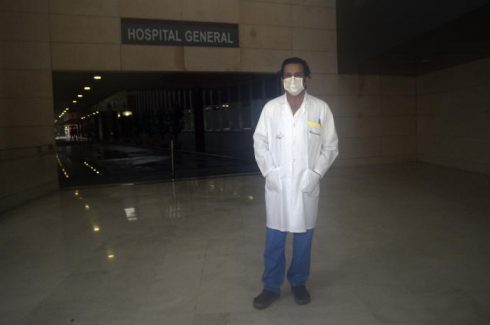
IMAGE: Israel Sanchez
‘Utilitarian ethics’ is a system based on the consequences of actions, meaning (in this case) the financial cost of saving a life would be weighed against the benefit to others.
The doctor confirmed, “If the services collapse, we move into the situation of having to make ethical decisions and see how we can benefit a greater number of patients.”
Supplies of PPE (Personal Protective Equipment) are sufficient at the moment, with a Yecla company sending masks, and a plastics company sending protective screens and many more.
Jara describes it as, “A huge solidarity movement.”
La Opinion asked what he thought of the thousands of people that publicly recognise the work of healthcare professionals by going to balconies and clapping in appreciation.
“The health workers are not heroes, only trained, qualified people and that we must have the necessary means to work safely, as well as the specific training to be able to attend to these patients.”
He concluded, “We are actually doing our job, in which we have been trained and which we like, so I do not like the term hero.”
What do Olive Press readers think of such a drastic protocol? Email us at newsdesk@theolivepres.es

